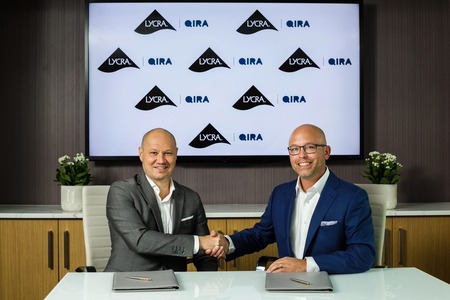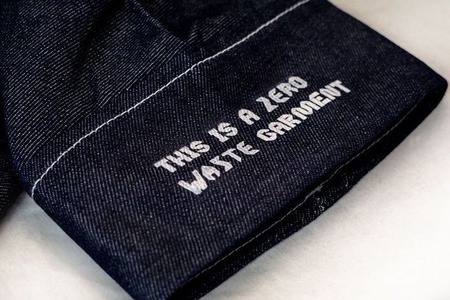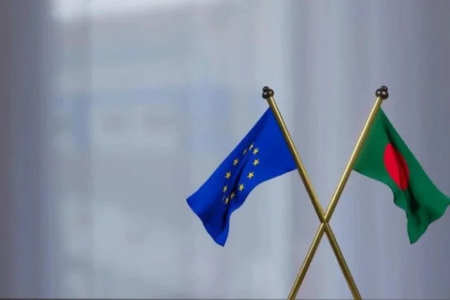
Anti-dumping duty on PTA leading to price rise, Indian polyester producers upset
YarnsandFibers News Bureau 2014-10-27 16:00:00 – New DelhiThe decision of purified terephthalic acid (PTA) producers like Reliance Industries Ltd (RIL) and Mitsubishi Chemical to increase prices by a steep Rs 2,100 a tonne from August 1 - just a week after the new government imposed anti-dumping duty on the product despite stiff opposition from the user lobby have added yet another chapter to their long-drawn battle.
PTA Users Association said that the anti-dumping duty meant a Rs 724 crore bonanza for the domestic manufacturers while putting a big question mark over the user-industry's future, an argument promptly dismissed by PTA manufacturers led by RIL on the grounds that except for an interim increase in August, the prices of PTA as well as polyester staple fibre had been coming down and had not been impacted at all by the anti-dumping duty.
Just a month after the new government took charge duty was imposed on PTA, a key raw material for producing polyester fibre and yarn July 25. In its notification on July 25, the finance ministry imposed anti-dumping duty ranging from $19 to as much as $117 a tonne depending on the country of origin, which covered, amongst others, China, Thailand, South Korea and the European Union. The ministry said that the decision was based on preliminary findings on imports of PTA. (PTA TROUBLE)
PTA users are obviously seeing red. R K Vij, advisor, polyester, at Indo Rama Synthetics, said that PTA makers took advantage of the anti-dumping duty and raised prices within a week of that decision. The move had a serious impact on the polyester industry and the hit on an annual basis is Rs 724 crore.
To justify this claim, PTA users said that the operating capacity of polyester yarn manufacturers dropped from 69.34 percent in July (before the anti-dumping duty was imposed) to around 63 per cent in September (after the PTA prices were raised). According to data available from PTA Users Association, production of some of the key players like Indo Rama Synthetics, the second largest producer, declined by over 8 percent in the period.
In its submission to the government, the association also questioned the rationale for the anti-dumping duty by saying that the demand for domestic PTA was more than the supply, as a result of which manufacturers had to import. Also, Indian Oil Corporation, which also makes PTA, did not join RIL or Mitsubishi in demanding an anti-dumping duty.
PSF manufacturers have also seen their operating capacity dropping from 94.67 percent in July to 84.94 percent in September.
Market Intelligence
Ask for free sample Report

experience
Customer Base
dedicated team
Countries Served Worldwide







![Freitag unveils new Mono[P6] circular backpack](https://www.yarnsandfibers.com/wp-content/uploads/2024/04/Freitag.jpg)

